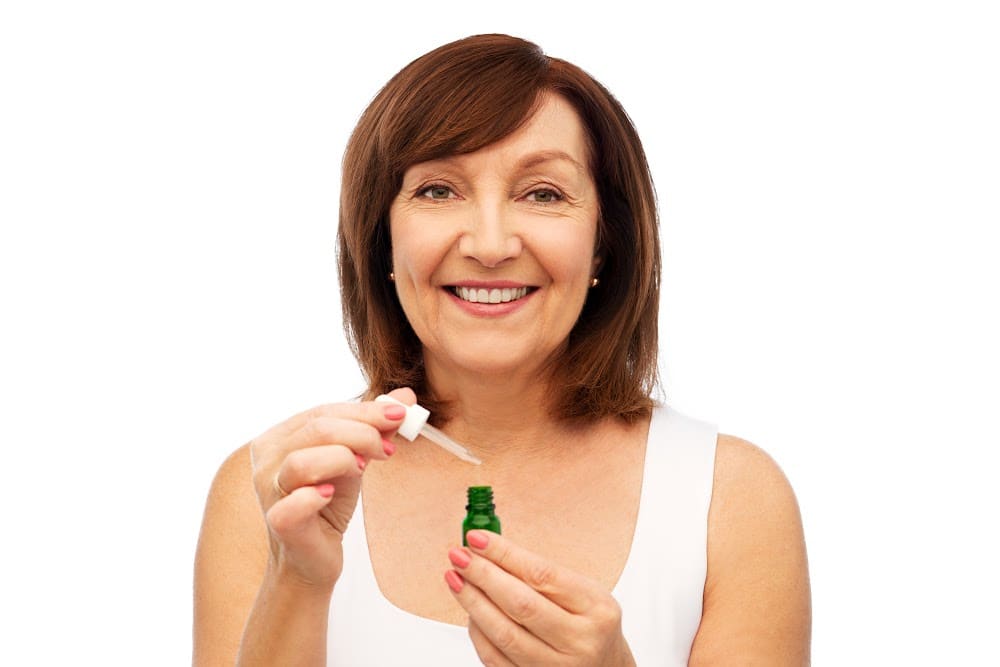Anybody that has a dog, or has had a dog in the past, will know the exceptional and unique connection of unconditional love, support, and loyalty that a canine companion offers.
Indeed, in a world that is becoming ever more virtual and disconnected, we need that sense of connection to come from somewhere. Yet, people aren’t always reliable. We often put our trust in friends, family, and partners to stand by our side, no matter what, yet many people find themselves feeling let down.
See, the challenge with humans in terms of the love they provide is that it’s somewhat conditional and can be quite easily taken away. It doesn’t take much to offend someone, or have an argument where they feel blocked from being able to “love” in the moment… whereas, with a dog, there’s an ever-present sense of love and connection that is rarely broken.
Therefore, today, dogs are being used to provide a sense of stable, unconditional love and support to those with mental health problems and emotional challenges that find it easier to cope with a loyal companion by their side. In fact, dogs are being utilized today as a coping strategy for those recovering from addiction, and are even a prominent part of many a guide to friendships as a sober adult, as the friendship and loyalty of an animal are unwavering.
Anecdotally, we all have our own experiences of how healing dogs can be, yet today, they are being recognized more in mainstream psychology, and as a therapeutic aid to soothing those with mental health challenges. Indeed, today, the idea of an emotional support pet is taking off in quite a large way.
The benefits of simply stroking a dog can lead to huge improvements in your wellbeing; as this has been shown to reduce blood pressure, lower stress, and lift your mood.
Dogs are particularly helpful for those with attachment issues, for instance, if you have an anxious attachment style – meaning you tend to get anxious that someone is going to “leave you”, or if you have an avoidant attachment style where you feel nervous to be in a relationship, dogs are safe companions to attach to because you know they are always going to be there for you, but not in a way that feels too intense to handle.
Similarly, if you feel social anxiety, having a dog can be a loyal companion who always feels on your side. This energy of having someone next to you, to stabilize and protect you, can make a world of difference for those suffering from panic issues or even generalized anxiety disorders.
Dogs can, however, be a large responsibility and unless you stay on top of looking after them, pet ownership can sometimes feel very burdensome, and with a creature that gives so much – it’s important we give back to them too.
Now that we’ve considered the healing power of pets let’s take a look at some ways to give back to your dog and ensure they get their needs met, whilst helping you get your emotional needs met in the process.
- EXERCISE
Dogs, obviously need exercise… the amount of exercise they require tends to be dependent on a number of factors, though, their breed is what will have the largest impact. Some dogs can, and need to be, walked several times a day and burn off loads of energy, whereas other breeds require much less exercise.
This is one of the reasons smaller dog are becoming more popular, today, as they tend to require less exercise and are also much more convenient to travel with.
Exercise is great for a dogs physical and emotional health, plus it’ll boost your own physical and emotional health too. There’s something about going out for a walk, a few times a day, come rain or shine, that is a great way for you to take some time out for yourself to reflect and rebalance.
- DIET & NUTRITION
Dogs are known as “scavenging carnivores” meaning they are primarily meat eaters, and certainly benefit from meat in their diet, but can survive on other sources of food if necessary. Dog food is similar to human food, in that it can be filled with lots of additive and things that aren’t good for your dog. Indeed, one of the best forms of dog food is homemade where you know what is going into your dog’s meal – in a similar way to how home-cooked food tends to be healthier than a convenience meal.
Equally important to food, however, is hydration – so ensuring your dog has a plentiful supply of drinking water, particularly on the go, is imperative. We often forget how much exercise our dogs are doing, when running around on a walk, yet if we were in the gym doing that much exercise we would be desperate for a drink – so be sure to take a drink for your dog to have on the road.
- FLEA TREATMENT
At some point, if you don’t treat your pet with flea treatment, he will develop fleas and this can affect both the quality of your dog’s life, as well as your own. After all, the last thing you want is to live in a house with a flea infestation.
The most obvious sign your pet has a flea problem is that they will be itching a lot, and so will you. You might notice little red bumps that are very itchy and feel like being stung by a nettle, often appearing on your hands, wrists or ankles. If this is the case, then you need to do two things – first, treat your pet with a decent flea treatment and second, treat your home, as 95% of fleas and flea eggs are likely to actually be in your home rather than on the skin or in the fur of your pet.
In summary, dogs can provide us with a lot of emotional stability, but it’s important we give back to them and ensure we meet their needs for a healthy and happy life too.





